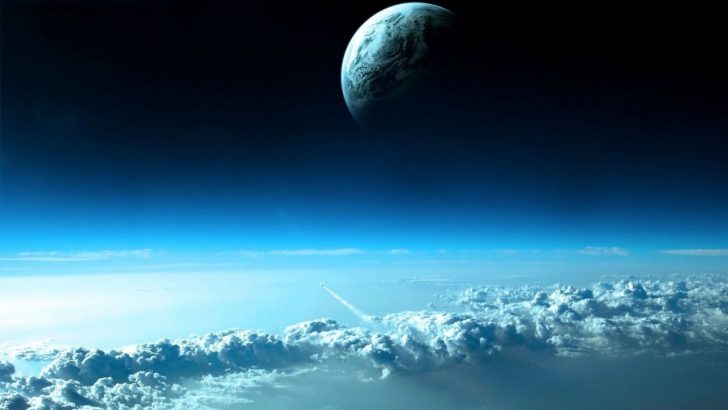Laudato Si’: An Irish response, essays on the Pope’s Letter on the Environment
edited by Sean McDonagh (Veritas, €14.99)
Eamon Ryan
The papal encyclical Laudato Si’ has been described as ‘a most dangerous book’. It attempts a giant leap forward in the church’s social teaching by calling for a profound ecological conversion, which brings a renewed understanding of the true meaning of life on earth.
Pope Francis is making this ecumenical leap with Patriarch Bartholomew of the Eastern Church. They are forthright in condemning the destruction of God’s creation that is taking place across our world and have become flag bearers for a transition onto a more just and sustainable economic path. The encyclical also reflects a growing realisation that religion and science, while distinct, can enhance each other. They are no longer sworn enemies. This is an historic document in every conceivable way.
This “Irish response” to the encyclical is edited and introduced by the Columban priest Fr. Sean McDonagh. He saw at first hand the destruction of the natural world in the Philippines, and came home to write passionately and accurately about the related issues of biodiversity loss, climate change, and water pollution. His interconnection of those issues is mirrored in the approach that Francis takes. You get the sense he could have written some of the lines himself.
Urgency
Having fought for years the lack of urgency in the church to this ecological crisis, Sean is perfectly placed to set out the theological history leading to this new turning point.
He calls for a three year synod where every parish in the country would first engage in understanding their own local environment and consider the questions raised by Pope Francis. As the debate then moves to the national and international level he argues it offers the prospect of local groups developing new liturgies and a spirituality to honour their relationship with God, with fellow humans, with other creatures and with the natural world.
One parish priest who has already started such an approach is Dermot Lane from the parish of Ballaly. He offers here a theological response on Laudato Si’ and argues that the encyclical gives us the ingredients for a ‘chastened anthropology’ where the dictum ‘I think therefore I am’ is replaced by the proverb ‘we relate, therefore I am.’
Such relationship starts in the physical world as explored by the Jesuit Teilhard de Chardin who wrote: ‘All that exists is matter becoming spirit. There is neither spirit nor matter in the world; the stuff of the universe is spirit-matter.’ Such inspiration allowed later writers such as Elizabeth Johnson and other Congregations of Sisters to grasp this quality of seeing the world with attentive and loving care, as being profoundly religious.
The climate activist Lorna Gold describes reading Laudato Si’ as akin to opening Google Earth and panning out far into space. Like what Copernicus did in the fifteenth century and the Apollo mission did in the 1960s, Pope Francis restores our capacity to see the whole. He does not spare us from the dire consequences that will come from our lack of care for the natural world but he also sets out a clear path where we can address this immense challenge we all face.
To date our response in this country has been slow and small in scale. In truth we need a hundred Sean McDonaghs, a thousand Dermot Lanes, and hundreds of thousands more Lorna Golds. Are you out there? I pray you are, you who are ready to transform and radicalise the church in this exciting and urgent new way.
Eamonn Ryan TD is leader of the Green Party.



